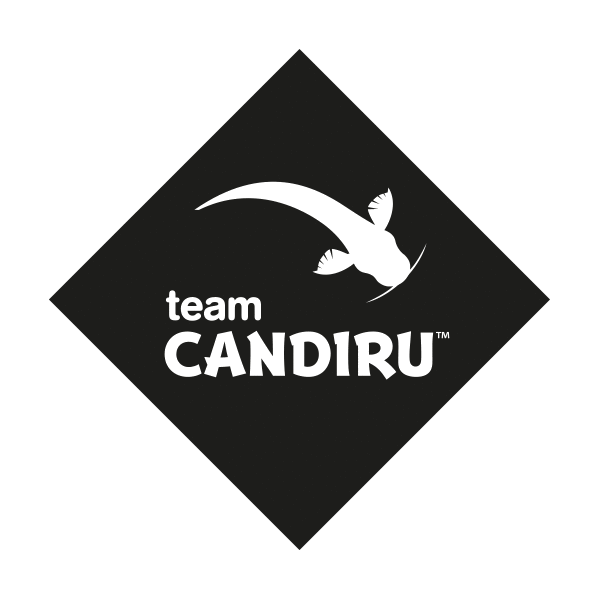Failing to photograph insects
- James Dunbar
- Oct 15, 2015
- 3 min read
I spend the vast majority of my time failing to photograph insects. Hours spent lying facedown on wet grass or in patches of bramble, nettles or, on occasion, cow dung getting covered in ticks to produce winning content like this:

One time I was reviewing my photos in the pub with my girlfriend and she helpfully churped. "maybe next time try to get it in focus yeah?" Great idea hon. I'll want to write that one down.
These days I'd say probably for every single good picture that I take, I take around 20 bad ones. And I consider this to be great progress. A few years ago this figure was probably around 100. A few years earlier 200. This brings be nicely to the theme of this first blog post. Persistence. My father sent me a video a little while ago about working to code at the Tom Sachs studio in New York. Here it is.
It's a good video. I learned a lot about the importance of knolling. But the thing that stuck with me most was the final bullet. The importance of persistence. It features a quote from Ray Kroc, who was not the founder of McDonalds (that was the McDonald brothers) but rather the guy who turned it into what it is today. He said:
"Press on! Nothing in the world can take the place of persistence. Talent will not; nothing in the world is more common than unsuccessful men with talent. Genius will not; unrewarded genius is almost a proverb. Education will not; the world is full of educated derelicts. Persistence and determination alone are omnipotent."
This stuck with me. Because in many ways it simplified my life a great deal. All the other little question I had in my head were answered. What do you need to do to be successful? Just. Keep. Persisting. And this applies to everyone. Regardless of what it is that you do. So to anyone reading this saying "Hey James! That's all well and good for you. Photographer of insects. But what about me? I photograph spiders!" I would answer. "Take heed! This will work regardless of what taxa of invertebrate you choose to photograph! Be it insects, spiders, molluscs, echinoderms, annelids, brachiopods, tardigrades, nemitodes or onychophorans!"
In fact you don't even need to photograph invertebrates! You could shoot birds! Or mammals even! You don't even have to be a photographer! You could have a real job! No matter what it is you do or want to do. All you need to do to make it happen is to just keep at it. And there will be failures along the way. Probably quite a lot. But remember for every 20 photos that end up like this:

I do manage to get one like this:

What's new with Team Candiru?
Fans of bees will be please to hear that we are still planning on making a film about the native bees of California with UC Berkeley! If you want to donate to this project you can by following this link: However as this is such a massive endeavor we will probably not start filming till 2017 as it will take a fair amount of time to get the resources together that we need to make this happen.
In the meantime we have reached out to the AEECL (The European Society for the Study and Conservation of Lemurs) to see about making a film about the conservation work that they do out in Madagascar. The AEECL employs a number of conservation strategies all over the island and importantly they focus on conserving lemurs by addressing the economic problems that are forcing the people of Madagascar to cut down the forests just to make a living and feed their families. If they can improve the livelihoods of the people living around the forests, then they can take the pressure off the lemurs homes. Right now we are in the very early planning stages but we feel that this is a very important story that needs to be told. We are planning on funding it through another crowdsourcing effort so if you are interested do please share this with your friends!
Tech specs and tutorials:
If anyone out there is interested in macro photography and wants to learn how I take photos here are the technical specs of the images used in this blog post.
Camera: Nikon d300s.
Lens: Nikon 24mm MF f2.8 reverse mounted with a home made reversing ring.
Flash: Nikon SB-800 with a homemade diffuser.
I use a lot of homemade stuff and so if you have questions about how I made them do please ask! I am more than happy to explain.













Comments